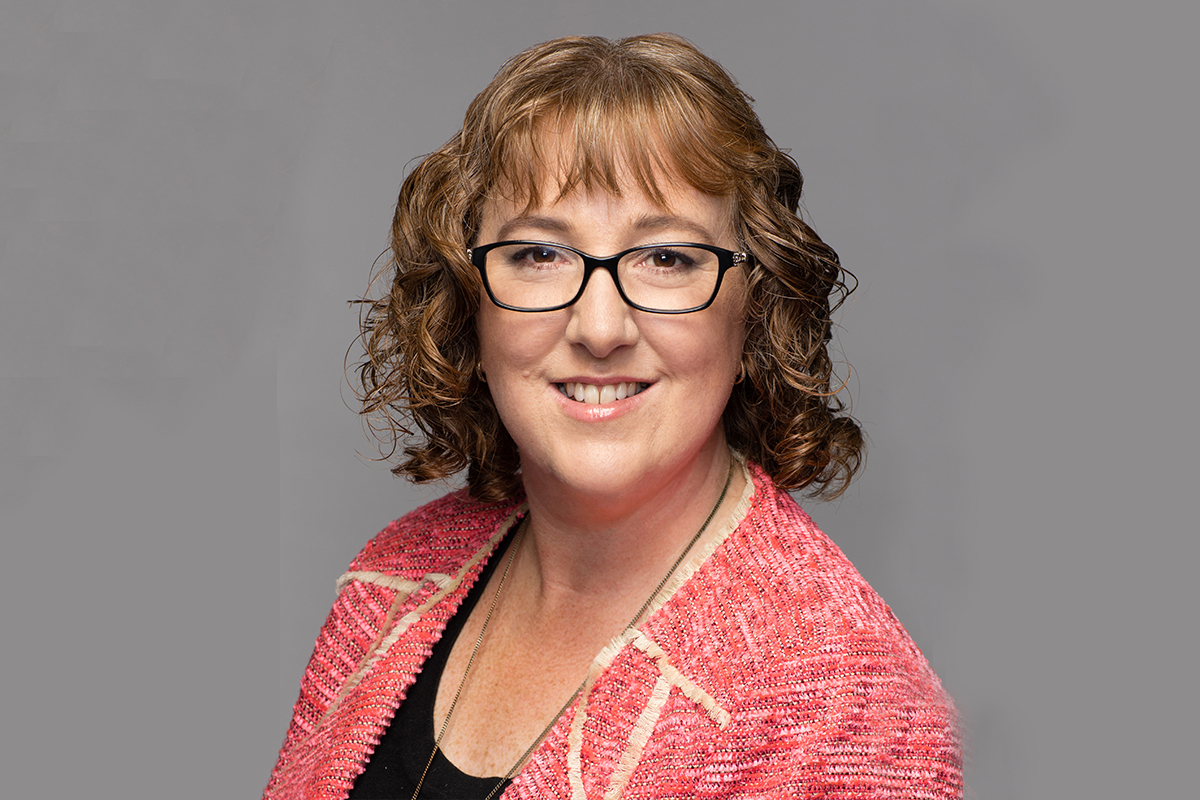We’re making great strides in achieving diversity in the boardroom, but we’re still not there.
One would think it’s a no brainer. But every time an announcement is made around diversity in the boardroom, I always get asked for comment about why this is important which makes me wonder: Is this really not self-evident or are we simply choosing to ignore its merits? While we’ve been achieving some great strides, we are not quite there yet.
We are slightly behind our usual comparator countries when it comes to the proportion of women serving on top boards. For example, according to the latest NZX diversity statistics, only 28.4% of NZX50 board members are women in 2019 compared with 29.6% in the ASX200 and 32.1% in the FTSE100.

Though I have to admit, recent developments have been encouraging such as the latest Gender Stocktake of State Sector Boards and Committees which shows a record level of 47.4% of directors in state sector boards are women, up from 45.7% in 2017.
Last year, 40% of board appointments to NZX boards were female, which is a significant uplift.
Add to this, Sport New Zealand and High Performance Sport New Zealand’s announcement that all partner sports organisations receiving over $50,000 a year will need to achieve a minimum of 40% gender balance on their boards by December 2021.
And just a few weeks ago, a new Kiwi Saver scheme was launched – CareSaver – which will only invest in New Zealand listed companies that have at least one female director on their board.
This growing acknowledgement of the need to have more diverse boards is a trend we are seeing internationally. Major institutional investors such as Blackrock and stock exchanges, support gender diversity on boards and are referencing this in their corporate governance codes.
Much of the diversity conversation however has focused on gender. We know diversity is more than just about gender balance. It’s about having different perspectives on the board table through a balance of expertise, knowledge and background. It’s about trying to get diversity of thought.
Diversity and competence
And while board diversity is vital, it should always be approached through the lens of competence. Embracing diversity does not mean compromising on skills, experience and professional qualifications of board members.
It’s about appointing people on merit who also bring diversity of thought and perspective which in turn helps drive better outcomes and long-term success for the organisation
Contrary to what some people claim, there is no shortage of talent with diverse background who are in pipeline. As the largest organisation of directors in the country with over 9,000 members, we at the Institute of Directors (IoD) know there is a large pool of well-qualified directors from diverse backgrounds who can serve on boards.
Value of diversity
According to a 2016 Stanford University Graduate School of Business Corporate Governance Research Initiative publication, potential benefits of having a diverse board include:
- Improved decision making by ensuring board has full array of knowledge
- Overcomes tendencies toward ‘groupthink’ and premature consensus
- Important social value, consistent with equality
In addition, diverse boards have greater lenses to identify risks and opportunities. And that’s what we are aiming for with diversity.
Advancing diversity
Is it time to have quotas to ensure we have more diverse boards? At the IoD we encourage members to have targets rather than quotas. Our concern with regards to quotas is that it drives box-ticking behaviour which doesn’t really change the behaviours inside the boardroom.
The IoD has been working to advance diversity in governance and has a range of programmes aimed at increasing diversity of thought and capability in the boardroom.
Since 2012, we have ran a Mentoring for Diversity programme. Initially focused on women, the programme was expanded in 2015 to consider mentees in terms of ethnicity, age, skillset and background, in addition to just gender. Over 170 mentees have participated in this programme, almost 90% of which are women.
The IoD also runs a Future Directors programme which provides opportunities for aspiring directors to gain first-hand board experience by participating on a board of a New Zealand organisation for a year. Fifty-seven (57) directors have been appointed though this programme since its inception in 2012, 47 of which are women.
We also recently refreshed our Getting on board with diversity guide — a resource for boards on how to take an active, conscious and thoughtful approach to support diversity in their boardroom and organisation.
My hope is that soon, announcements around diversity in New Zealand boardrooms will no longer be ‘news worthy’ and IoD will no longer be sought for comment on why this is important — because diverse boards would have become the norm. By then, we can say we’ve arrived.
Guest thought leadership from Institute of Directors Chief Executive, Kirsten Patterson.